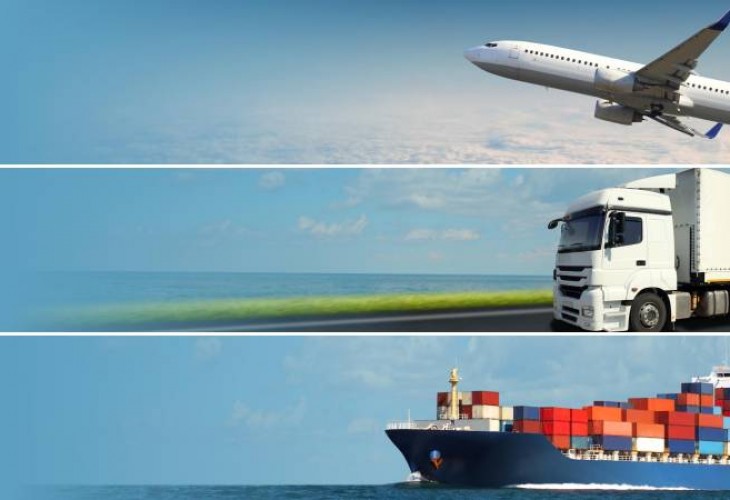- Home
- Blogs
- About
- Services
- Group Companies
- Contact Us
- सुचना *
-
Call Us On:
+977 1 5320150, 5320160 -
Send us a Mail:
info@cargonepal.com.np -

A freight forwarder is an individual, or more likely a company, who organizes the transport of goods from one place to another. Freight forwarding is one of the most widely used means of international transport, both for commercial and personal use. Freight transport companies, such as Cargo Nepal, coordinate the shipment of goods from one destination to another using various carriers, including air transport, maritime transport, road transport and in some cases, rail transport. The freight forwarding process may seem daunting, especially if you are not familiar with the cargo transport process, but these 10 facts you need to know about freight forwarding will help you in the process.
What is a freight forwarder?
A freight forwarder, forwarder, or forwarding agent, also known as a non-vessel operating common carrier, is a person or company that organizes shipments for individuals or corporations to get goods from the manufacturer or producer to a market, customer or final point of distribution. Freight forwarders are also intermediaries between the shippers and transportation services, negotiating with a range of carriers in order to achieve the most economical, reliable and fastest route.
An easy way to import and export products
The help of a freight forwarding company to import and export products can make the process much less stressful. With extensive experience in the supply chain, freight forwarders can help you at all levels, from the packing stages to the customs clearance procedure which is great relieving pressure off you.
Freight agents provide a range of services
Freight forwarders can assist with the supply chain process on multiple levels including Customs Clearance, International export and import documentation, Insurance, Packing, Storage and Inventory management.
Benefit for your business
Using a freight forwarding company to transport goods to your consumer can be a great benefit to your business. Freight agents will use their knowledge and experience to ensure that your products arrive on time to their final destination, as well as to negotiate the best prices, and thus save money in the project.
It is important to maintain a good relationship with your Agent
Your freight agent is responsible for your precious cargo. Therefore, it is important that you establish a good working relationship with them. You want to make sure you choose a company you can trust and rely on as well as with impeccable customer service so that your shipments of goods arrive safely and on time.
You must make sure that your documents are up to date
It is your responsibility to ensure that you have completed all the necessary documents to transport your goods before delivering them to your freight forwarder. This is an essential step in the process to reduce the risk of your items being held in customs and not releasing your funds. If you are not completely sure of the type of paperwork you must complete, your transportation company can help you.
Certain products are restricted
Freight forwarding companies respect strict rules and will not transport certain goods and substances, in particular by air or sea transport. Although the list of prohibited items varies from one country to another, freight forwarders are generally restricted to dangerous goods, drugs, alcohol, batteries, perishable goods and sharp objects.
Ask about extra services
Your freight agent can provide always an additional services, so it is advisable to consult about this when you receive a quote. These additional services vary, but generally include warehouse storage, cargo insurance, cargo tracking and handling of dangerous goods. Even if your company may not need these additional services at this current time but it is always advisable to know them for future reference.
Here are six main steps of freight forwarding
The freight forwarding process can be divided into six key stages, which include: Export haulage, Export customs clearance, Origin handling, Import customs clearance, Destination handling and Import haulage.
Your Freight Agent must provide you with a series of documents
With freight forwarding comes a lot of paperwork, especially when they are sent abroad. Your freight forwarder must provide you with all relevant documents, including Commercial invoice, Bill of Lading contract, Certificate of origin statement, Inspection certificate, Export license, Export packing list and Shippers export declaration document.